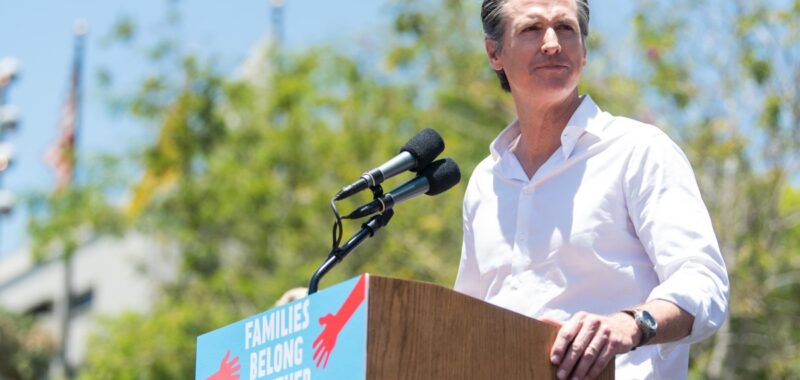California Governor Gavin Newsom has vetoed SB 1047, a high-profile bill that would have regulated the development of AI.
The bill was authored by State Senator Scott Wiener and would have made companies that develop AI models liable for implementing safety protocols to prevent “critical harms.” The rules would only have applied to models that cost at least $100 million and use 10^26 FLOPS (floating point operations, a measure of computation) during training.
SB 1047 was opposed by many in Silicon Valley, including companies like OpenAI, high-profile technologists like Meta’s chief AI scientist Yann LeCun, and even Democratic politicians such as U.S. Congressman Ro Khanna. That said, the bill had also been amended based on suggestions by AI company Anthropic and other opponents.
While California’s state legislature passed SB 1047, opponents were holding out hope that Newsom might veto it — and indeed, he’d already indicated that he had reservations about the bill.
In a statement about today’s veto, Newsom said, “While well-intentioned, SB 1047 does not take into account whether an AI system is deployed in high-risk environments, involves critical decision-making or the use of sensitive data. Instead, the bill applies stringent standards to even the most basic functions — so long as a large system deploys it. I do not believe this is the best approach to protecting the public from real threats posed by the technology.”
In the same announcement, Newsom’s office noted that he’s signed 17 bills around the regulation and deployment of AI technology in the last 30 days, and it said he’s asked experts such as Fei-Fei Li, Tino Cuéllar, and Jennifer Tour Chayes to “help California develop workable guardrails for deploying GenAI.” (Known as the “godmother of AI,” Li had previously said SB 1047 would “harm our budding AI ecosystem.”)
Wiener, meanwhile, published a statement describing the veto as “a setback for everyone who believes in oversight of massive corporations that are making critical decisions that affect the safety and welfare of the public and the future of the planet.” He also claimed that the debate around the bill “has dramatically advanced the issue of AI safety on the international stage.”

